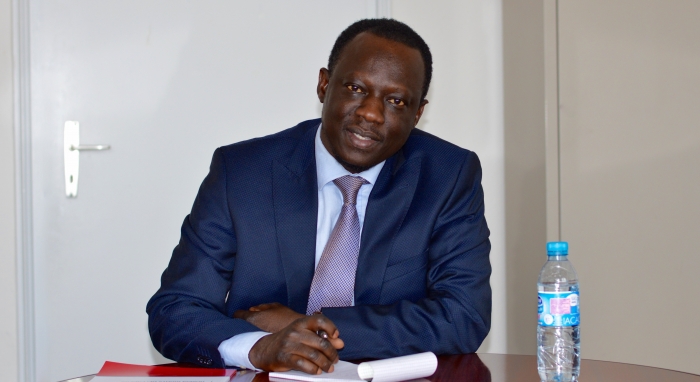During the Third Committee interactive dialogue, Special Rapporteur on the rights to freedom of peaceful assembly and of association, Clément Nyaletsossi Voule, emphasised the value of social movements as tools for human rights defenders and activists from marginalised communities in realising their rights and making visible their demands and concerns.
Despite the vital role social movements have played and continue to play, individuals participating in these movements face numerous challenges and restrictions, in violation of numerous human rights obligations, especially the rights to freedom of peaceful assembly and of association. The report highlights the multiple forms of restrictions imposed by State authorities, including failure to respect the freedom to operate associations that are not registered, criminalisation and penalisation of movements through excessively broad and vague legislation as well as blanket bans and arbitrary, violent dispersals. Leaders and defenders of social movements including members of marginalised and indigenous communities, land rights defenders, and human rights defenders are increasingly being labelled as threats to national security followed by the imposition of harsh criminal charges and forceful exile.
In light of these restrictions on social movements, the report provides targeted recommendations for multiple stakeholders, including States, international organisations, civil society, legal services providers, the private sector, technology companies, donors and the United Nations. These recommendations include adopting human rights defenders protection laws that help protect and enable the progressive engagement of social movements, refraining from any form of attack on, prosecution of and detention of members of social movements on the basis of their rights-supporting work, supporting defenders and activists, including by setting up emergency communication channels.
In the dialogue following the Special Rapporteur’s presentation, several States welcomed the report and echoed the importance of social movements in safeguarding democratic societies. Switzerland, recognising the historical role of social movements in bringing about important social advances, emphasised the misuse of surveillance technology against peaceful protestors which potentially deters any effort at social change. Several other States also welcomed Voule’s report and provided insights into the use of force by other State actors in curtailing the rights and freedom of peaceful protestors. The Czech Republic made recommendations for States to re-evaluate their anti-terrorism and anti-corruption legislation, which are often used to harass and threaten defenders partaking in social movements. The United Kingdom and the Islamic Republic of Pakistan brought to attention emergency measures, pandemic related or otherwise, being accompanied by serious human rights violations through long-term restrictions on civil space, arbitrary dispersals, and use of lethal force. Lithuania also highlighted the harassment and detention of journalists covering protests.
Social movements play a key role in society by promoting social change. By fostering democratic participation and responsiveness, they sustain democracies. ‘We welcome the Special Rapporteur’s report recognising the value of social movements in moving towards just and egalitarian societies, denouncing the impact of restrictions on the human rights of defenders, and the holistic and targeted recommendations to protect the rights of defenders participating in social movements. We sincerely urge State and non-State actors to implement these recommendations,’ said ISHR’s Maithili Pai.
Download as PDF




